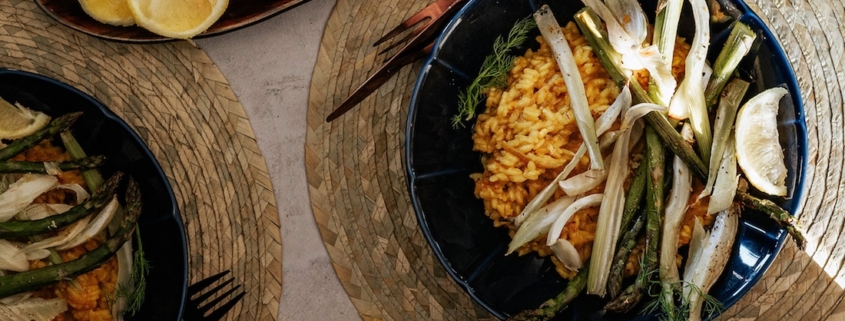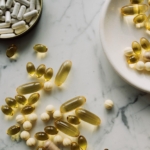“To eat is a necessity, but to eat intelligently is an art”
Francois de La Rochefoucauld (1613 – 1680)
Vegan and vegetarian diets are more and more popular nowadays, with some sources saying 1 in 3 people follow either vegetarianism, vegan or flexitarian diet. There is increasing misconception about whether they are as good as a diet which includes meat, many supporters of vegan diets propose that you can get enough protein from vegetables and plant products alone, in this article we will assess whether you can get enough protein from one of these dietary approaches.
It is important to note that this is a strictly objective analysis of differing nutrition approaches, there is no right nutritional approach, nor is there any one way of doing things. There are, however, optimal ways of doing things to reach specific goals and this is where informed decision making can be of benefit.
How Much Protein Do You Need?
As we addressed in our nutrition article on Protein, we need 20-35% of daily calories to come from protein, so a 2000 calorie diet should include 400-700 calories worth of protein.
You could also think of it as getting 1.0-1.75g of protein per pound of bodyweight, or 1.5-3.0g of protein per kilogram of bodyweight.
Comparing Plants and Animal Products on Protein
Vegetables and plant-based food do provide protein, but we need to compare a few common plants and animal products by protein to see if any is superior:
| Plant Product | Protein Content | Animal Product | Protein Content |
| Broccoli | 3.8g per 100g | Sirloin Steak | 25-26g per 100g |
| Kidney Beans | 8.7g per 100g | Chicken Breast | 25g per 100g |
| Chickpeas | 7.5g per 100g | Eggs | 12g per 100g |
The most obvious thing to observe from the table is the density of protein in animal products compared to plant products, animal products provide more protein per gram.
So what does that mean for you?
Looking at broccoli versus steak, for example, you would have to eat 600g (over half a kilo) in order to get close to the protein content that is in 100g of steak, it would be an eating challenge to get that much broccoli in, it would be a nightmare for your digestive system to deal with and it would not be palatable.
Of course, a veggie/vegan meal could include numerous plant products, not just a single vegetable to reach a protein goal. Nevertheless, it still requires a large volume of food, whereas the protein density of animal products poses less of a problem with the quantity of food.
What About the Quality and Content of Protein
It is not just the amount of protein you get which matters, protein is made up of amino acids and so 1 scoop of amino acids (YPSI AminoElectrolyte) is 9 grams of protein. Some amino acids which are particularly important for the body are best sourced from animal produce.
One particular amino acid called Leucine has more significance than the others (1). This is because Leucine has a greater effect on the molecular signalling for muscle growth and protein synthesis. Animal products are more abundant with Leucine and thus provide greater effect for muscle growth, which is something that plants do not have the benefit of. So going vegan or vegetarian will require some thought into compensating for lower quantities of this amino acid.
Animal proteins also contain more vitamin B12, CLA, iron and zinc, so it is worth considering that a diet with animal products is also a diet which will provide you with more nutrients in greater amounts.
Conclusion
The big picture is that you need a variety of nutrients as a human to function and be in good health, if you remove vegetables and plants you will miss out on micronutrients but likewise if you remove animal products you will struggle for protein quantity and quality. Both of which are significant. Frankly, you need both The 50/50 Diet half animal protein and half vegetables on the plate. For strength, muscle mass and lean body composition, animal produce is going to be an essential source of nutrients necessary for those goals and optimal health.
Consultations
We’re always here to help. If you have any questions or would like advice about supplements, nutrition, or training, please book in for a consultation.
Disclaimer
Always speak with your physician or other healthcare professionals before making any nutritional & lifestyle changes or before taking any nutritional supplement. For more information, please view our terms & conditions.



